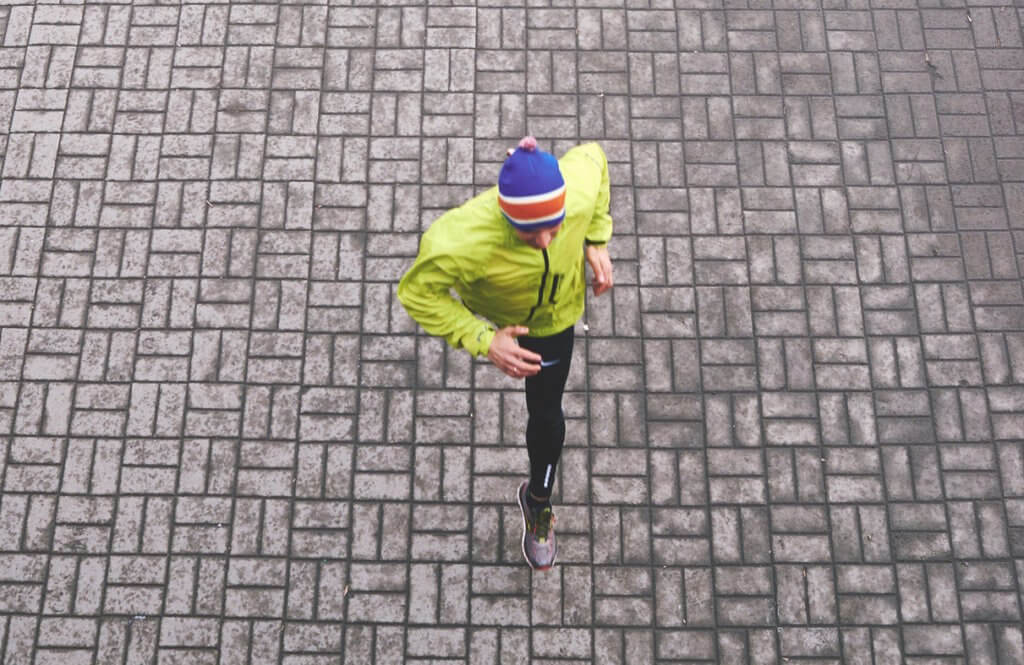We’ve all been there, still kind of sickly but insanely restless as well. You’re dying to go for that run, but not sure whether or not your body will be able to handle it. So what’s the verdict, can you or can you not exercise with a cold?

Dragging colds and never-ending coughs are among the more annoying things in life, especially if you were in the middle of training for something in particular when you caught it, or just in a good workout flow.
So the big question that we all ask ourselves in that situation is: am I feeling okay enough to exercise? Sometimes there is important stuff at stake as well – marathons, ski trips, bike races or any event that requires you being in physical top form. So, what’s the verdict here – is exercising with a cold fine, an unnecessary a risk of getting worse or even dangerous?
Dr Edward Laskowski is certified by the American Board of Physical Medicine and Rehabilitation as well as the co-director of the Mayo Clinic Sports Medicine Center in Minnesota. He is also an elite-level skier and an avid hiker, cyclist and climber. He therefore approaches sports medicine from the perspective of a physician and an athlete.
Still Tired After 8 Hours of Sleep? This Might be Why
According to Laskowski, mild to moderate physical activity is usually okay as long as you don’t have a fever (and haven’t had one for at least 24 hours). Exercising with the sniffles might even make you feel better, by opening the nasal passages and temporarily relieving nasal congestion.
If you do choose to exercise when you’re sick, it’s important to reduce the length and intensity of your workout. Attempting to exercise like normal when you have more than a simple cold, you could risk more-serious injury or illness.
As you start feeling better, you can increase the level of your workouts again and gradually start going back to your usual routines.
Should I go For it?
It can be hard to determine whether or not you’re fit for that run or cycle, so to help you out – have a look at these general guidelines before you head out:
- You’re probably alright to work out if all of your symptoms are “above the neck”. By that means the symptoms you usually get from a common cold, like a runny nose, cough, nasal congestion or a minor sore throat.
- Don’t exercise if your symptoms are “below the neck,” such as chest congestion, a rough cough or upset stomach.
- Don’t exercise if you have a fever, fatigue or widespread muscle aches.
There are studies suggesting that exercising with a cold virus won’t make any difference to your recovery time, although it might make you feel better. However, if you have other medical conditions as well – like asthma or heart disease – you’re probably better off just waiting it out.
Exercising When Sick – Are Some Options Better?
Going for a HIIT class or lengthy endurance training might not be your best options if you’ve been hit with a cold. Studies have reported that the immune function may be compromised for up to 24 hours after prolonged and heavy exercise – so going too hard while fighting a virus is not a good idea.
However, going for a brisk walk, a slow jog, a dance class or a shorter bike ride is usually fine. There’s no point in stressing over the fact that you can’t perform at your usual level, and the key is to accept the situation and rest if your body tells you to.
How Does Exercise Affect Your Sex Life?
Generally, you’ll have to try to be your own barometer – if you feel miserable, just stay on the couch. You don’t want to be making your body do more work when it’s already under a lot of stress to recover.
If you’re still sort of sniffly but feel alright other than that, however, you’re probably good to go! Just remember not to overdo it when you’re not at your best, as that could result in more serious consequences.
By Elsa Anderling
Check out our Hard as Nails podcast:
Like this? You should check these out:











